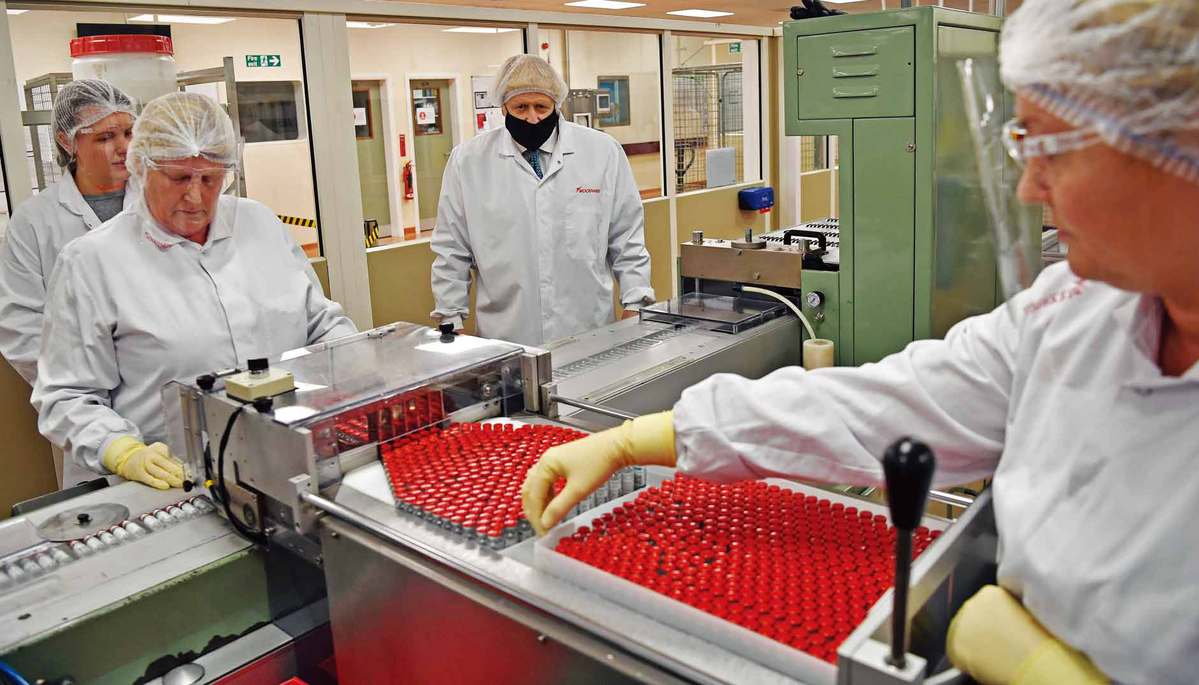Hurdles remain to be cleared as UK fires starting gun on mass vaccination
By ANGUS McNEICE in London | China Daily Global | Updated: 2020-12-03 11:01

Vaccine uptake is another major concern. Achieving herd immunity will require vaccinating an estimated 70 percent of the population, and new data suggest that vaccine hesitancy is on the rise. In a November survey, London-based consultancy Kantar found that just 43 percent of UK respondents would "definitely "agree to treatment, which was down from 50 percent in June.
"Making vaccination available is not enough; people need to be convinced so that they do accept being vaccinated," said Evans.
Vaccine hesitancy exists outside the so-called anti-vaxxer movement, including among people who are wary of the speed at which treatments have become available.
"We are seeing more vaccine hesitancy, because people are questioning how a vaccine can be licensed to the market and be safe within that sort of timeframe, when we all know prior to the pandemic it takes many years," said Catchpole, who has had direct involvement with UK regulators on COVID-19 clinical trials.
"People need to understand that anything to do with COVID that lands on the regulator's desk is sent to the top of the pile," Catchpole said. "We need to reassure people there have not been shortcuts taken in the approvals of these vaccines. What we are seeing is a massive expediting of the processes."
Lechler said governments must invest in education and messaging around the benefits of approved treatments.
"To ensure good uptake of COVID-19 vaccines, it is essential that public health messages around vaccination reach all parts of society, regardless of age, socio-economic background, ethnicity, or language," Lechler said. "The best way to do this is work hand-in-hand with different communities to understand the questions they have, to co-produce effective messages, and understand the best ways to share them."
Moxon also cautions that, while the vaccine was shown to be safe in trials, there is a small possibility that adverse side-effects may appear once mass vaccination campaigns begin. He points to the example of a rotavirus vaccine that was withdrawn from the market in the 1990s, after it was linked to a rare intestinal disorder.
"We must have in place ways of being able to pick up rare events that would only be seen after millions of treatments," Moxon said.
























